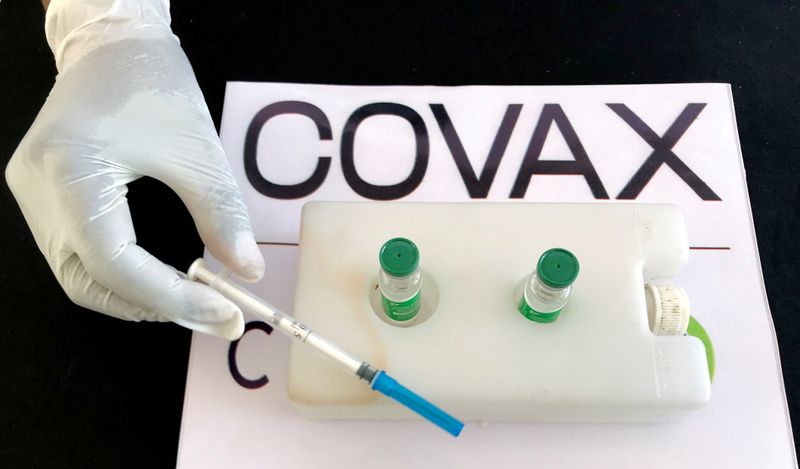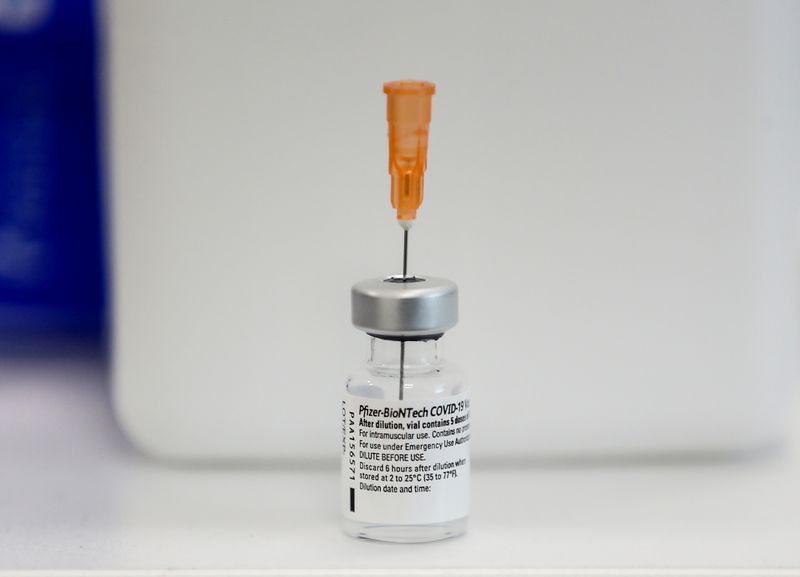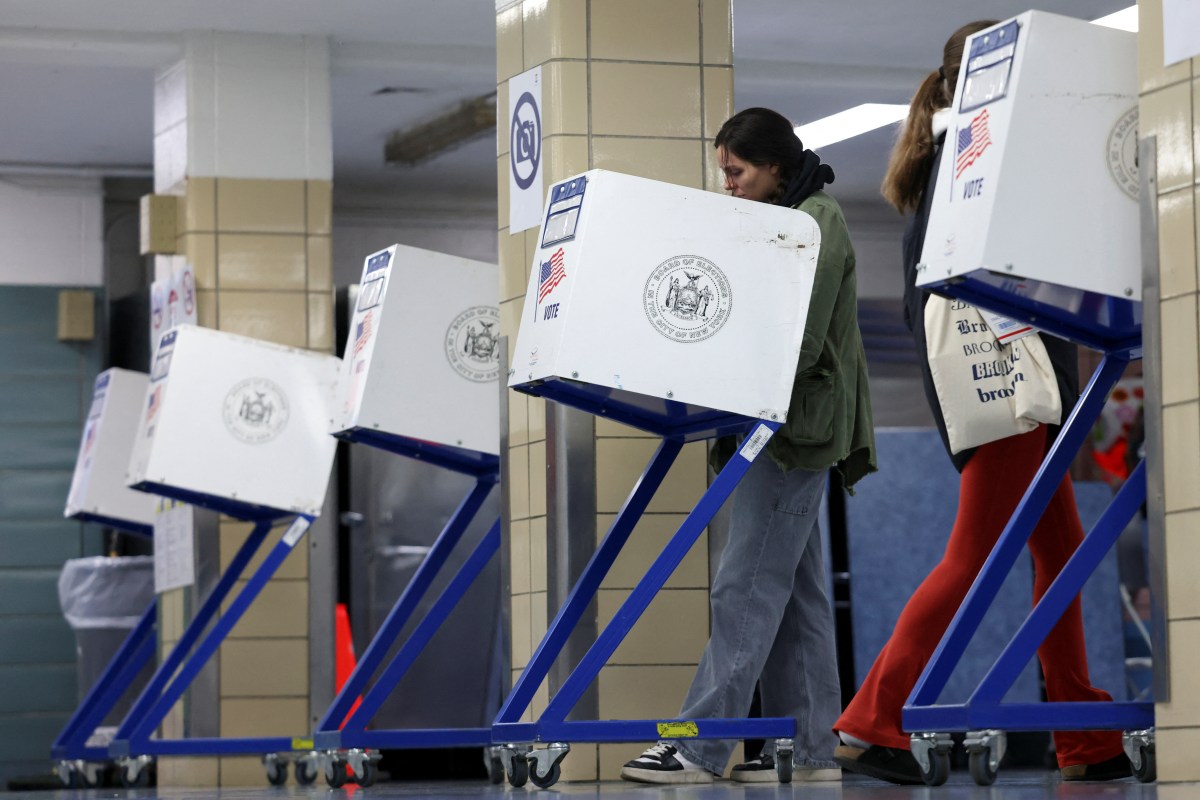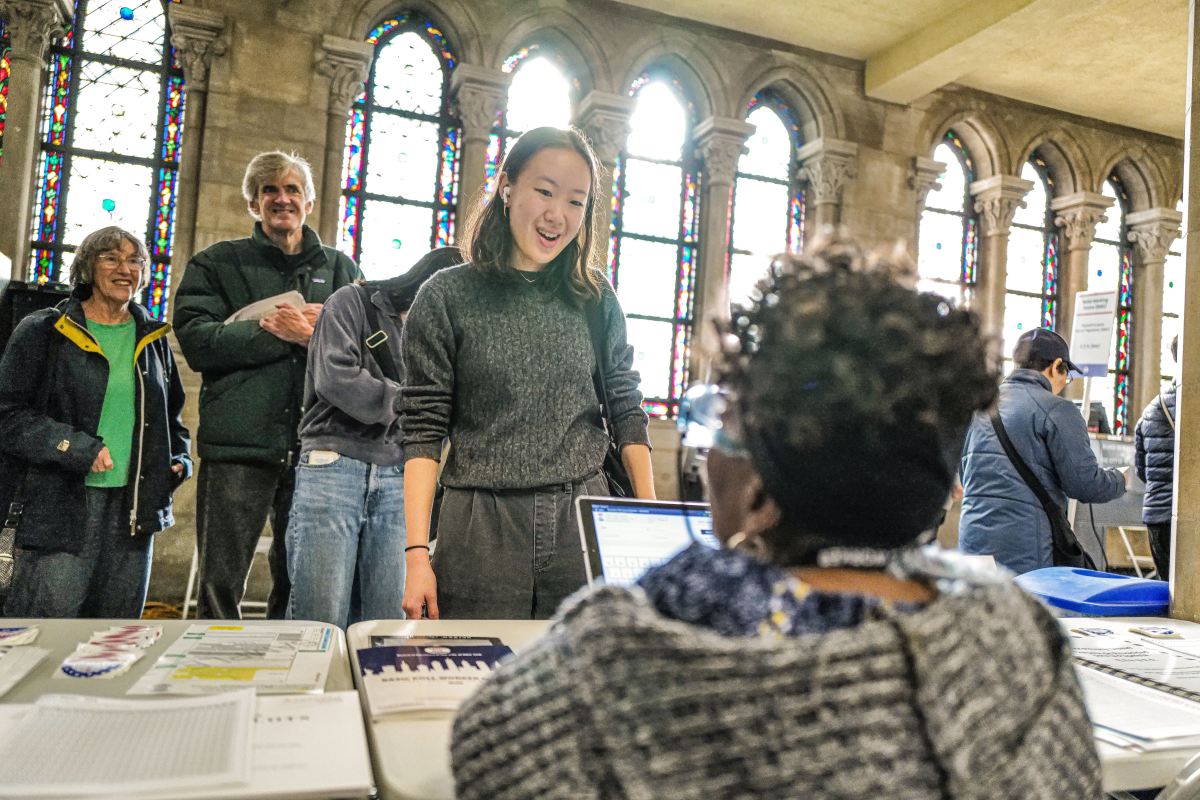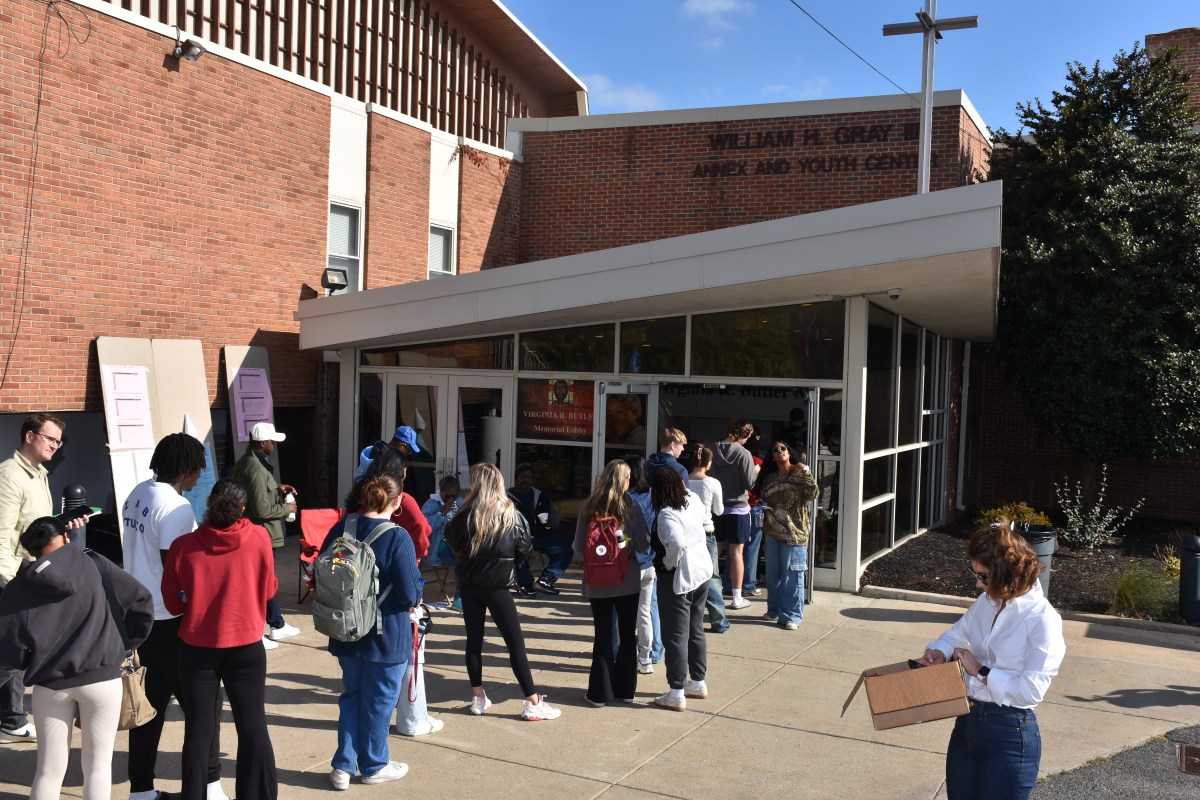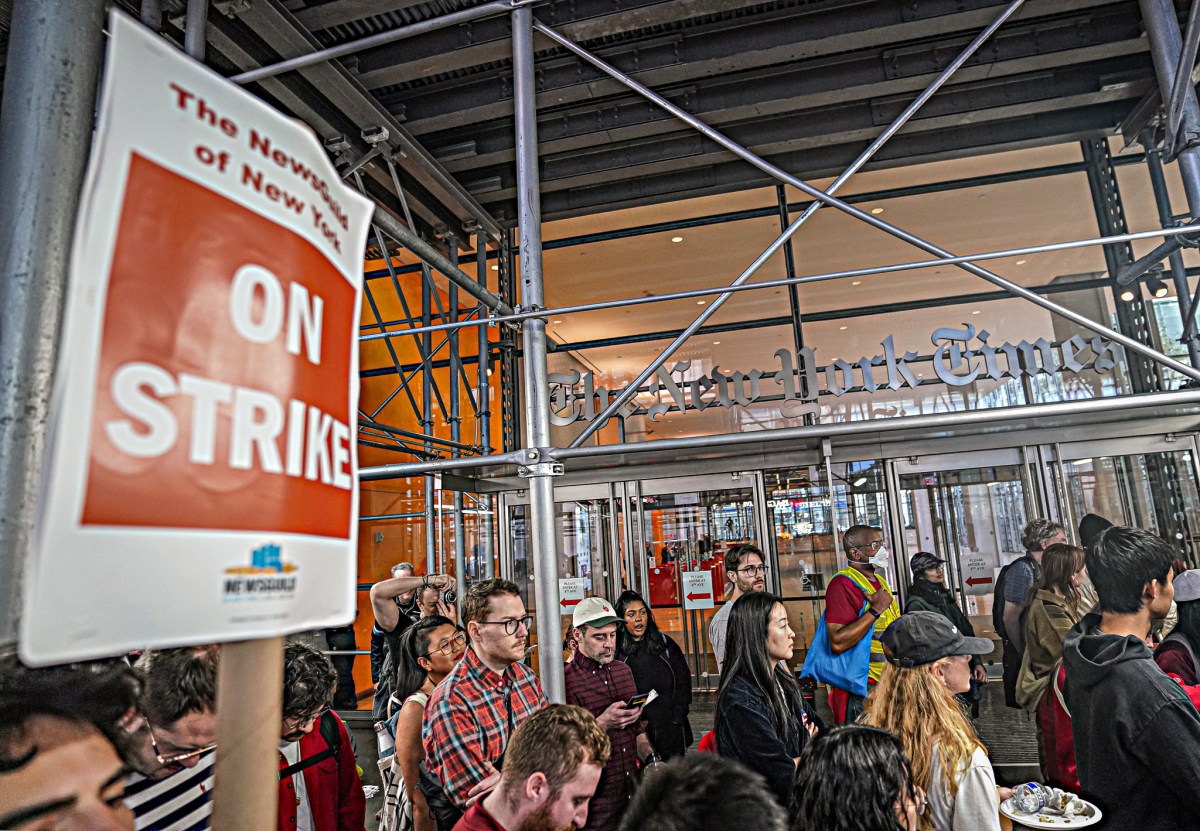WASHINGTON (Reuters) – U.S. lawmakers and nonprofit groups on Friday heaped pressure on the Biden administration to back a temporary patent waiver for COVID-19 vaccines to help poor countries contain the pandemic.
The groups delivered a petition signed by two million people, adding to separate letters already sent to U.S. President Joe Biden by a group of senators, House of Representatives Speaker Nancy Pelosi, nearly 100 members of the House and 60 former heads of state and 100 Nobel Prize winners.
Senator Bernie Sanders said it was also in the United States’ own interest to ensure as many people were vaccinated as quickly as possible, to limit the chance of virus mutations that could prompt further U.S. lockdowns. But he also appealed to Biden’s desire to rebuild U.S. credibility in the world.
“On this enormously important health issue, this moral issue, the United States has got to do the right thing,” he told a news conference.
The United States and a handful of other big countries have blocked negotiations at the World Trade Organization (WTO) involving a proposal spearheaded by India and South Africa that now has the support of 100 WTO members. The proposal would temporarily waive the intellectual property (IP) rights of pharmaceutical companies to allow developing countries to produce vaccines.
Proponents are pushing Washington to change course ahead of the next formal WTO meeting on the issue on May 5.
‘COMPLETELY UNACCEPTABLE’
One source briefed on the issue told Reuters U.S. trade officials realized “that something needs to be done, whether it’s the TRIPS waiver or some other solution,” a reference to the WTO’s Trade-Related Aspects of Intellectual Property agreement.
A second source said the administration was concerned that worsening COVID-19 outbreaks in India and other low-income countries could undermine progress made in the United States.
The office of U.S. Trade Representative Katherine Tai had no immediate comment on the petitions or the latest comments.
Tai last week likened the huge gap in access to medicines to the AIDS crisis and called it “completely unacceptable,” but stopped short of backing the waiver, which is opposed by the U.S. Chamber of Commerce and big pharmaceutical companies such as Pfizer and BioNTech, Moderna, and Johnson & Johnson.
Critics argue that waiving IP rights could reduce the safety of vaccines worldwide, and say other issues – such as improving distribution networks – are far more urgent priorities.

